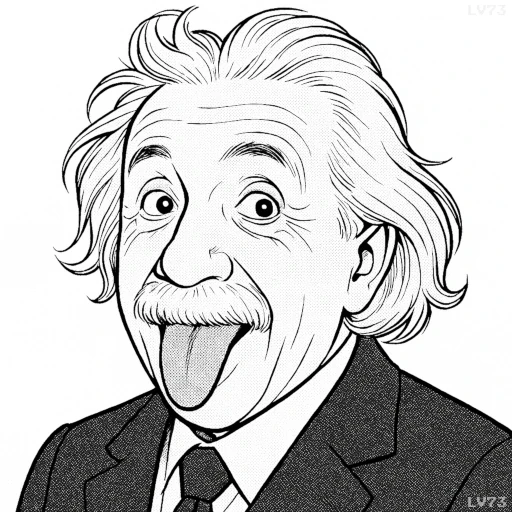“Morality is of the highest importance—but for us, not for God.”

- March 14, 1879 – April 18, 1955
- German-born Jew
- Physicist
table of contents
Quote
“Morality is of the highest importance—but for us, not for God.”
Explanation
In this quote, Einstein highlights the role of morality as a human-centered necessity. He suggests that moral principles are essential for guiding human behavior and fostering harmony within society, but that these concepts are a uniquely human construct rather than something dictated by a higher power. For Einstein, morality is about creating standards that allow us to live together peacefully, emphasizing that ethical values are crucial for human coexistence.
Historically, the idea that morality is a human responsibility has been echoed by thinkers like Immanuel Kant and Jean-Paul Sartre, who argued that ethics arise from our obligations to one another rather than divine command. This perspective places the responsibility for ethical behavior on individuals and societies, underscoring the idea that we must develop and uphold moral principles for the benefit of our communities, rather than relying on external forces to impose them.
In today’s world, Einstein’s view on morality invites us to consider our own role in shaping ethical standards. As we navigate complex issues like social justice, environmental responsibility, and global cooperation, this perspective reminds us that moral values are a collective commitment. It encourages us to approach ethical questions with compassion, reason, and accountability, understanding that our choices impact not only ourselves but also the society and world we share.
Would you like to share your impressions or related stories about this quote in the comments section?




